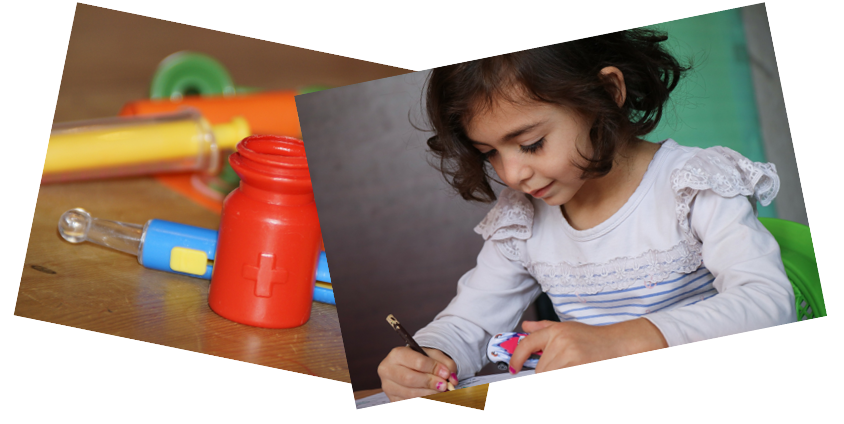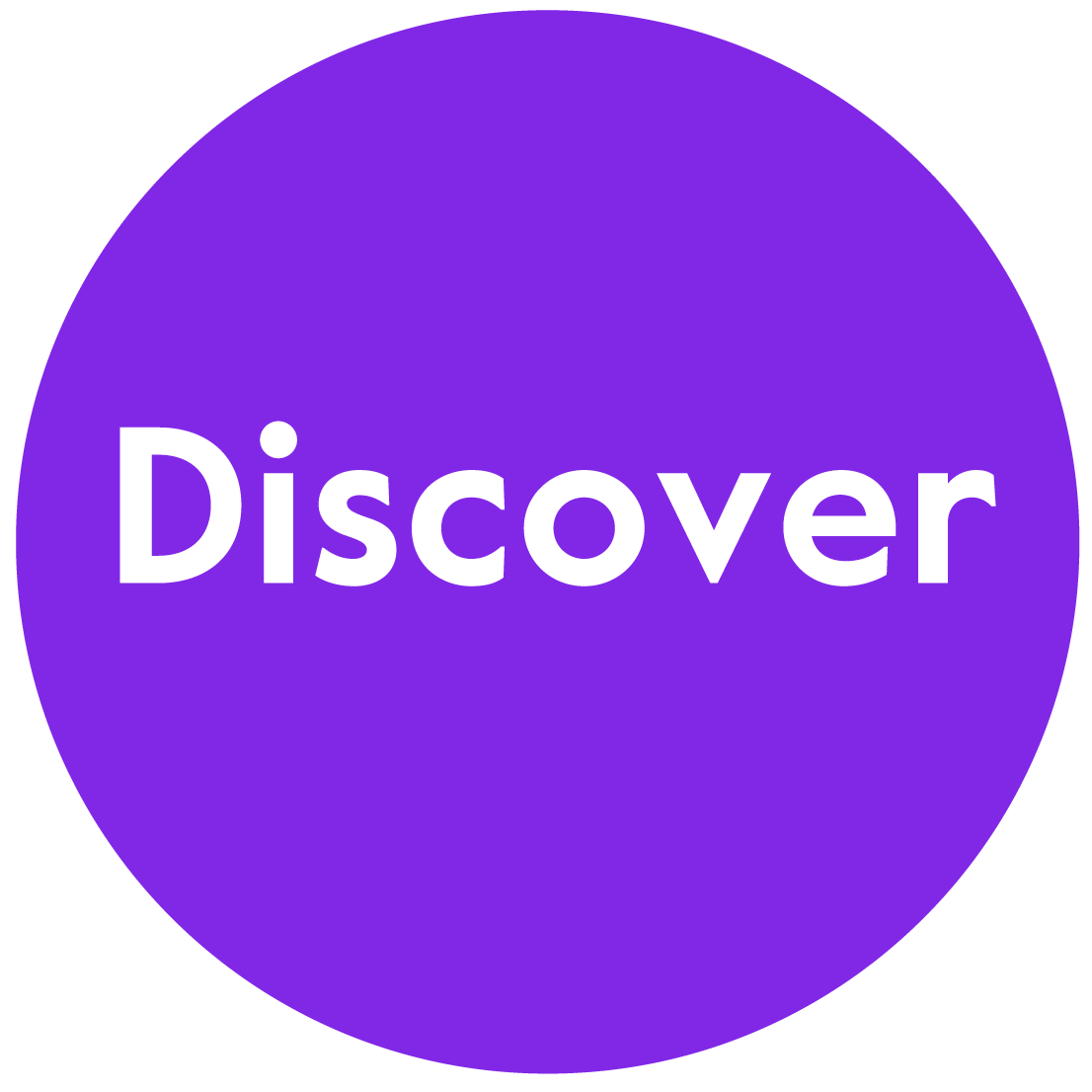Assessment Guidance
Continuous assessment
Discover
Discovery is
the starting point. You need to find out a child’s current learning and development before you can make decisions about whether they are on track, and about what to do next.
You want to discover
- What can the child do independently?
- What does the child communicate with words and body language?
- At what stage does the child ask for help? What help do they ask for?
- How do they interact with adults and other children?
- What interests them? What do they enjoy?
- What do they say about what they are doing? How do they reflect on their learning?
The most important and valuable means of discovery in the early years setting is to observe children playing, because young children are at their best when they are absorbed in play. For example:
an EY3 child might choose to include some writing when playing at doctors, such as making notes about the patient, and so demonstrate that they have an efficient pencil grip and can make phonetically plausible attempts at some regular words.

To discover more about each child, you will also want to:
- observe everyday activities, for example routines and at meal times
- plan some adult-led activities
- talk with their parents or carers
- ask the child to reflect on their experiences, for example by asking what they liked or disliked.
You can read more about the play-based approach in Teaching and Learning Approaches.

